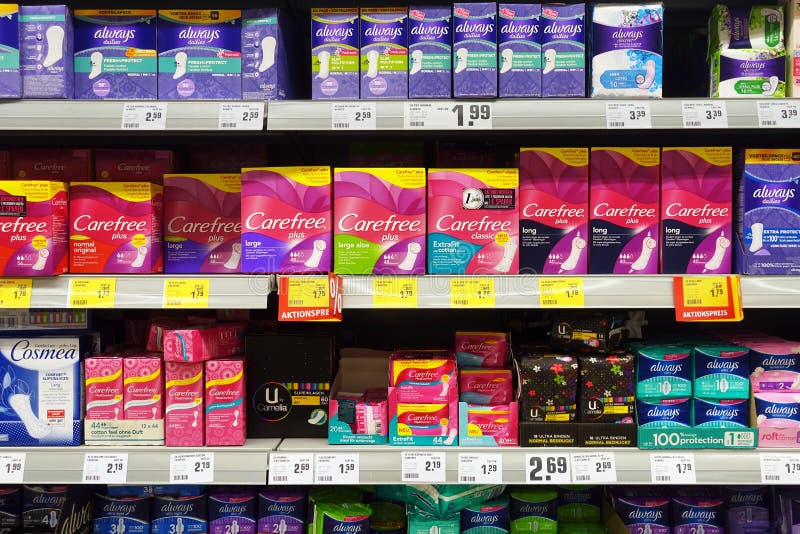
Free menstrual products are soon going to be a must-have in all public bathrooms in Ann Arbor. The city council unanimously voted to pass the ordinance that requires public restrooms to offer tampons and pads in addition to soap and toilet paper for free.
Free menstrual products: Making things more accessible

Ann Arbor’s new ordinance offering free menstrual products will go into effect from January 1, 2022. And, a violation of this directive will lead to a $100 fine. “City Council finds that soap, toilet paper, and menstrual products are all instrumental to the general health and welfare of the public. City Council also finds that ensuring that such products are readily available in public restrooms. This will help prevent the spread of germs, reduce the transmission of bloodborne pathogens, and improve the general public welfare,” said the authorities.
“It is a necessity and a long time coming. Access to these items is a matter of personal dignity. A human necessity, and a health care right,” added Mayor Christopher Taylor. He also explained that the idea was inspired by a high school student. “A high school student came to me to express her concern that persons without established residences had difficulty obtaining menstrual products. And I asked staff to look and see whether we could obligate at all public restrooms in Ann Arbor to provide the supplies. Because they’re basic and fundamental for people,” explained the Mayor.
“We can and we did”
While other cities across the US have similar measures, they only apply to schools and municipal buildings. Access to menstrual products is vital and can help in increasing menstrual hygiene and reducing diseases associated with it. Additionally, homeless and low-income people have low or no access to these products. A 2019 study from St.Louis, Missouri reveals that almost two-thirds of low-income women could not afford them at least once a year.
“It’s entirely possible that there is a very small town out there that has made this decision. And, they did it without any fanfare or meeting or help with advocacy. But certainly, this is the first major municipality that’s made waves like this,” said Michela Bedard. Bedard is the executive director of PERIOD. The nonprofit organization is aiming to end the stigma and exuberant cost associated with menstruation.
